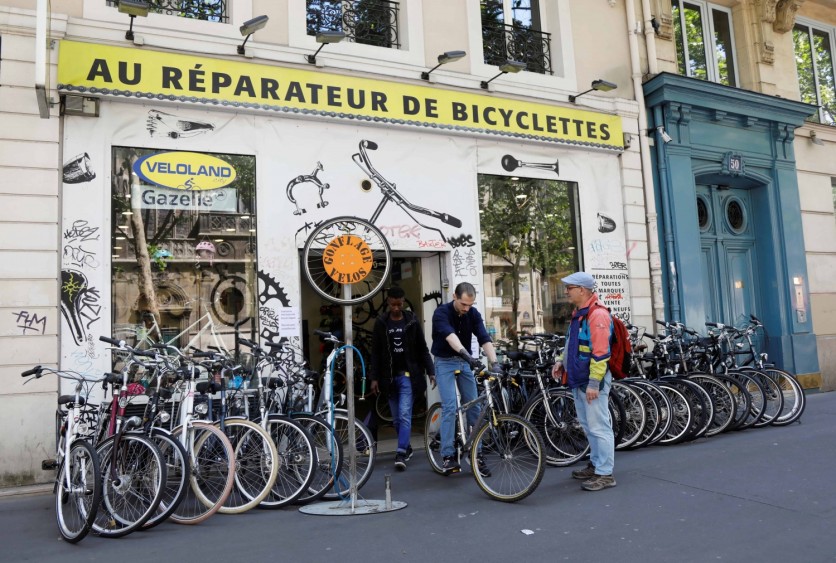The French government took down a COVID-19 "fake news" page after the site overstepped France's constitutional rights and infringed press freedoms.

A page called Desinfox - a deviation of the word desintox (detox) - appeared on the government's website last week. The page claimed to be busting misinformation about COVID-19 in the French media.
ALSO READ : Fight against Fake News! UK Government's Cyber Unit Cracks Coronavirus Hoaxes: Will the US Follow?
Fake COVID-19 site caused confusion among readers
Franck Riester, France's culture minister, said the country's journalists' union sent a petition to France's highest court to remove the fake COVID-19 website.
The Syndicat National des Journalists (SNJ) filed an emergency enchantment with the court requesting Prime Minister Édouard Philippe to delete the web page.
SNJ asked to "[immediately remove] the serious and manifestly illegal attack on the principles of pluralism in the expression of opinions and on the neutrality of public authorities."
The Guardian noted the union's attorneys petition, saying the government is choosing a variety of information considered reliable and fake.
Desinfox, according to the group, made an apparent interference by public officials in the freedom of the press. SNJ noted a rule from the European court of human rights, saying journalists should be the 'watchdogs of democracy.'
In a letter published in Le Monde on Sunday, around 30 journalists' and editors' businesses had joined a chorus of objections to the page. The group argued that the state "isn't always the arbiter of information."
Who made the petition?
France's major daily newspapers and magazines, including the country's state television and radio community, signed the petition.
"By distinguishing this or that article on its site, the government gives the impression of [incorrectly] labeling the production of certain media," the petition read. The state has no legitimacy to do this in a country where press freedom is a fundamental freedom," the petition added.
Riester told MPs the government's website already removed the fake site from the list as a result of the complaints about the COVID-19 page.
"It is not a question of the state labeling the media or directing the choice of French people towards this or that media," he said.
Fighting fake news
Fake news and conspiracy theories gained global attention as people stay at home under strict lockdown laws.
Ofcom, a media watchdog of the United Kingdom, said almost half of all adults were exposed to false claims or misleading information online about coronavirus.
According to Ofcom's survey, around 40% of adults found it challenging understanding what is real or false about the virus.
The litany of falsehoods spreads about COVID-19 is "a prime example of how [fake news] can ruin lives," Claire Milne, editor of UK's fact-checking group Full Fact, told Al Jazeera.
However, tech giants ensured that people could stay connected to each other during isolation as well as fight any misinformation and fraud linked to the outbreak.
"We are working closely together on COVID-19 response efforts," tech giants said.

![Apple Watch Series 10 [GPS 42mm]](https://d.techtimes.com/en/full/453899/apple-watch-series-10-gps-42mm.jpg?w=184&h=103&f=9fb3c2ea2db928c663d1d2eadbcb3e52)


